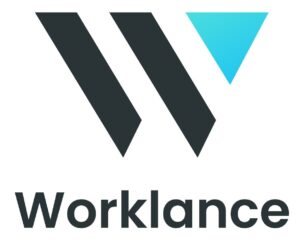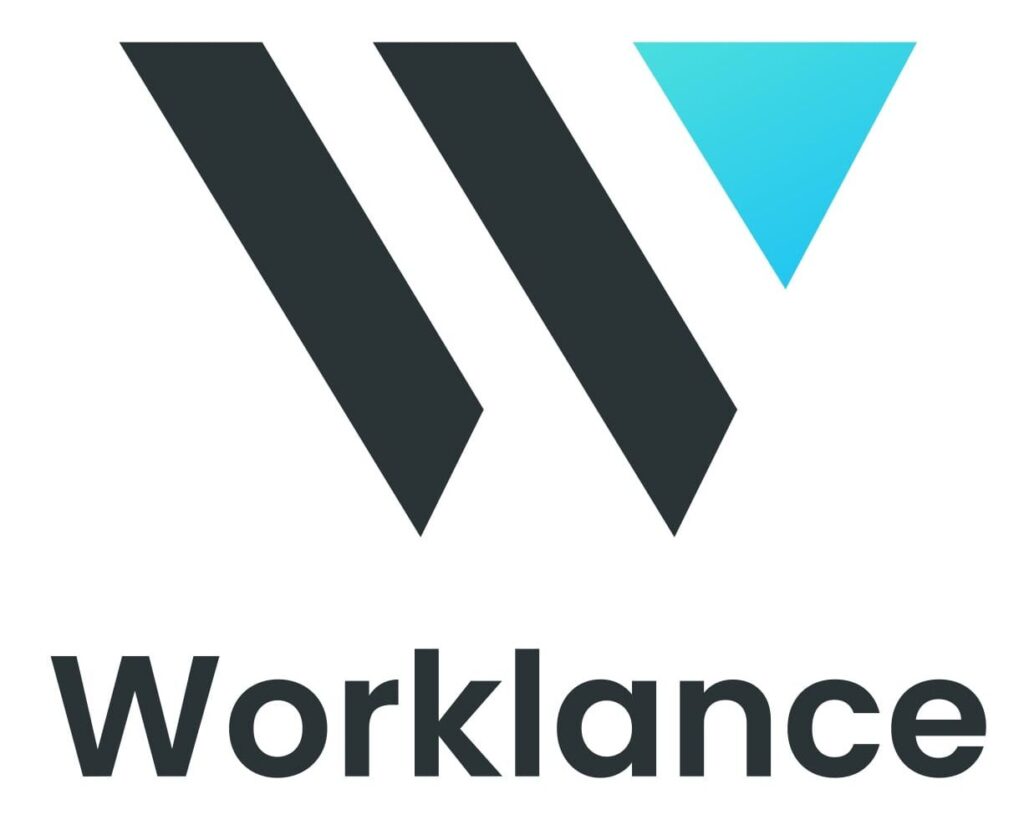Even the most prepared candidates can experience moments of mental block during job interviews. Understanding why these lapses occur and having effective strategies to manage them is crucial. In this guide, we’ll delve into the causes of interview-induced brain freeze and provide actionable tips for handling these situations gracefully. Additionally, we’ll explore proactive measures to minimize the occurrence of mental blocks in future interviews.
WHY DOES YOUR MIND GO BLANK(Brain freeze) IN AN INTERVIEW?

Understanding Interview Brain Freeze: Interview brain freeze occurs when stress triggers a temporary disruption in cognitive function. The brain’s ‘fight or flight’ response releases stress hormones, impairing communication between neural pathways and leading to temporary memory lapses. Despite knowing the answers, candidates may struggle to recall information under pressure, Remember, it’s normal to have your mind go blank sometimes.
Dealing with Interview Brain Freeze:
- Stay Calm and Composed: Maintaining composure is essential when facing a mental block. Take a moment to breathe deeply and remind yourself that it’s a temporary setback. Keeping a cool head will help you regain your focus and tackle the question effectively.
- Take a Breather: Deep breathing can help alleviate stress and restore mental clarity. Inhale deeply through your nose, hold for a few seconds, and exhale slowly. This simple technique sends a signal to your brain to relax, allowing you to think more clearly.
- Be Honest and Transparent: If you find yourself struggling to answer a question, don’t be afraid to admit it. Being honest about your temporary lapse shows authenticity and humility. Politely ask for clarification or request to revisit the question to ensure you provide a thoughtful response.
- Seek Clarification: If you’re unsure about a question, don’t hesitate to ask for clarification. Repeating the question aloud or asking the interviewer to rephrase it can buy you time to gather your thoughts and ensure you understand the task at hand.
Preventing Interview Brain Freeze: To minimize the risk of encountering brain freeze in future interviews, consider the following proactive strategies:
- Prioritize Relaxation Techniques: Engage in relaxation techniques before the interview to calm your nerves. Whether it’s meditation, deep breathing exercises, or listening to calming music, finding ways to relax can help you approach the interview with a clear mind.
- Strike a Balance in Preparation: While it’s important to prepare for the interview, avoid over-rehearsing responses. Striking a balance allows for spontaneity and genuine engagement with the interviewer. Trust in your abilities and be confident in your knowledge.
- Actively Listen to the Question: Focus on actively listening to the interviewer’s questions without overanalyzing. Clear your mind of distractions and focus on understanding the task at hand. Active listening enhances comprehension and facilitates effective communication.
- Take Strategic Notes: During the interview, jot down key points to help you stay organized and focused. Referencing your notes can aid memory retention and ensure you address all aspects of the question. Use this tool strategically to enhance your performance.
- Embrace Moments of Silence: Don’t be afraid of pauses in the conversation. Use these moments to gather your thoughts and formulate articulate responses. Pausing before answering demonstrates thoughtfulness and allows for a more structured response.
- Utilize Gestural Communication: Incorporate hand gestures to enhance communication and memory retrieval. Research suggests that gesturing while speaking can improve information recall and overall interview performance.
Conclusion: Experiencing interview brain freeze is a common challenge, Succeeding in Your Job Interview 5 Must-Know Tips but with preparation and composure, it can be effectively managed. By understanding the causes of mental blocks and implementing proactive strategies, candidates can navigate interviews with confidence and professionalism. Remember, it’s not about avoiding challenges but how you respond to them that matters. With practice and self-awareness, you can excel in any interview scenario.

